
The Role of National Identity in American Responses to Terrorism
The U.S. response to terrorism, both domestic and transnational, has been rooted in ontological security, meaning that a state will seek to protect and perpetuate its own national identity, resulting in the U.S. government historically overlooking terrorism perpetrated by right-wing groups that aligned with a dominant American national identity.
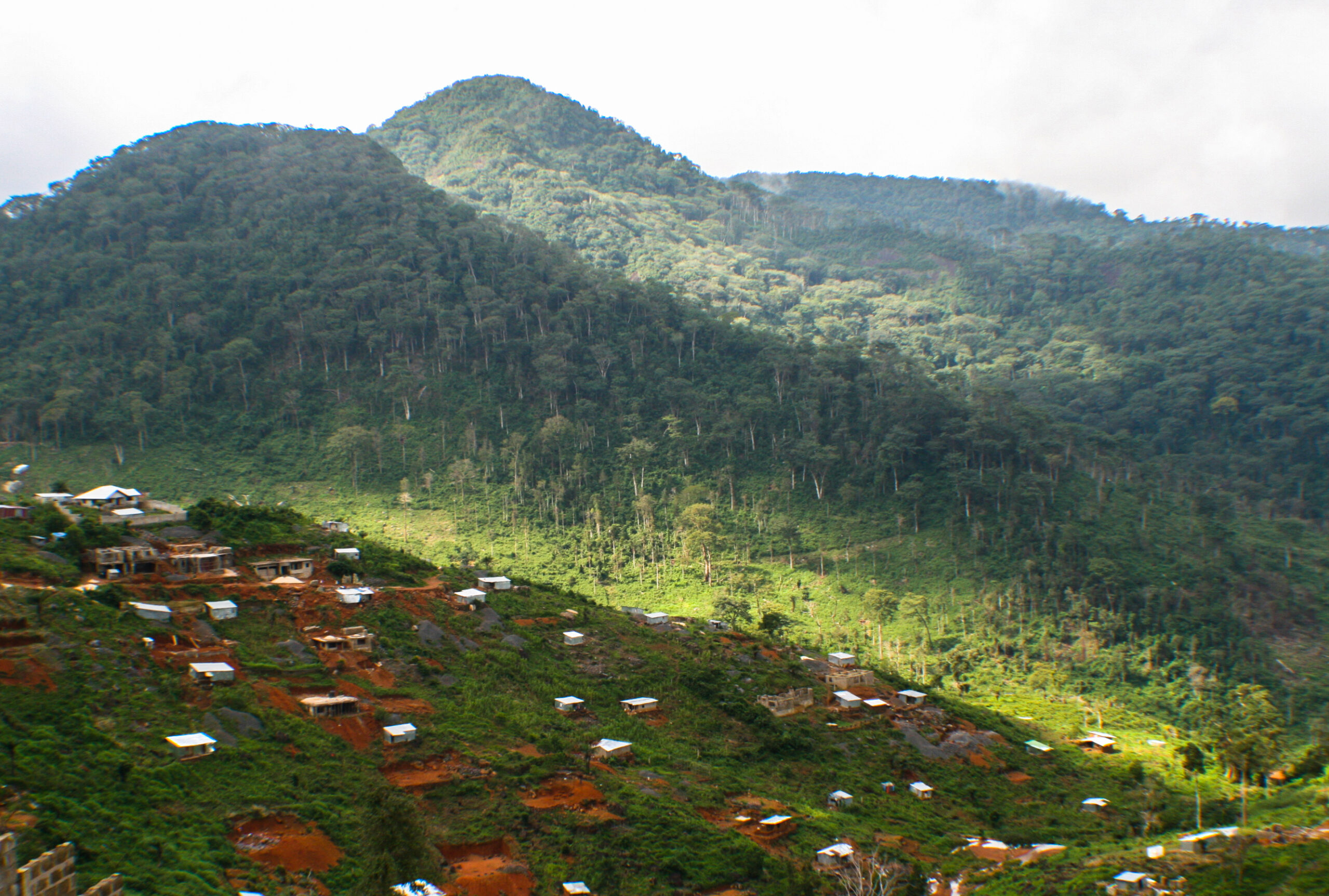
The Importance of Local/International Relationship-Building to Peacebuilding in Bougainville and Sierra Leone
Since relationships are so critical to peacebuilding processes and outcomes, peacebuilding practitioners should focus on building strong relationships with local partners and stakeholders informed by genuine dialogue, cultural sensitivity, and self-reflection.
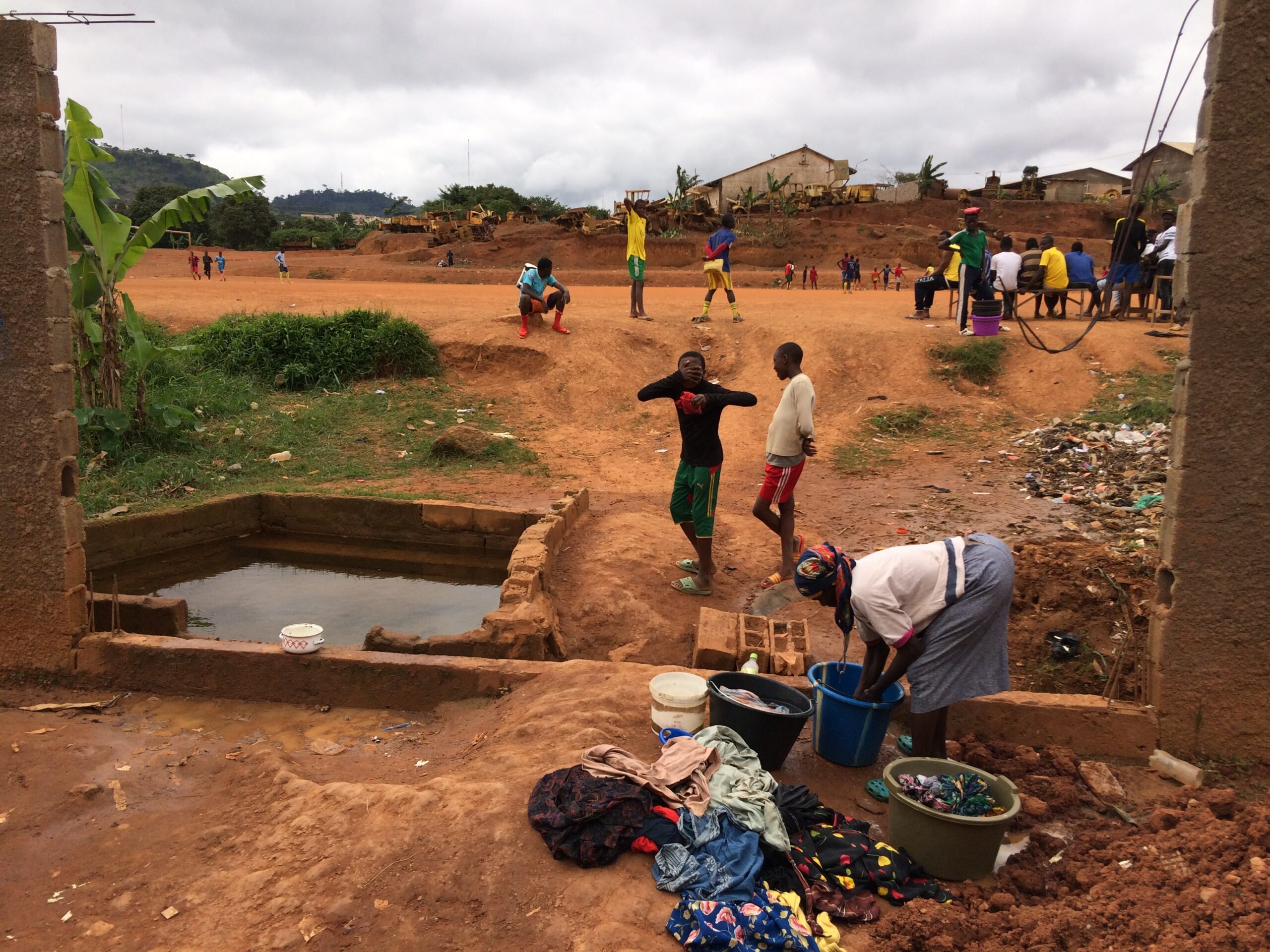
Local Knowledge Disparaged in Peacebuilding
Because the United Nations (UN) places higher value in the career advancement process on professional skills like business management than on local knowledge, and the career trajectory of peacebuilders often includes rotations through various UN agencies and non-governmental organizations (NGOs), the broader field of peacebuilding is discouraged from valuing and integrating local knowledge.
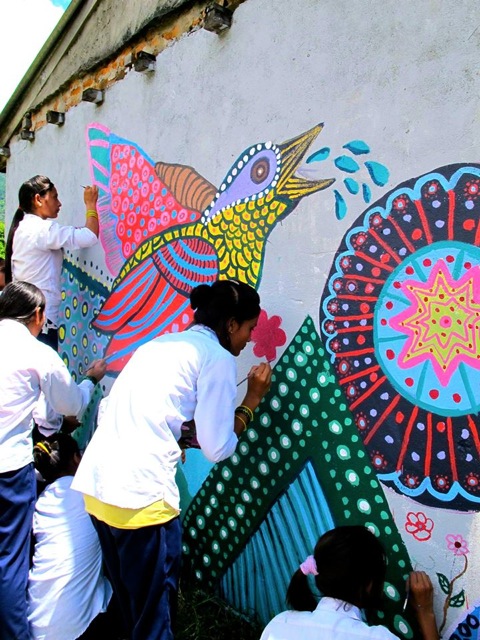
The Link Between Local- and National-Level Peacebuilding After Military Victory
Local peacebuilding risks being co-opted by national-level elites who may benefit from a depoliticized focus on the local level—“interpersonal harmony and everyday interaction”—as it takes pressure off the need to address difficult national-level issues.
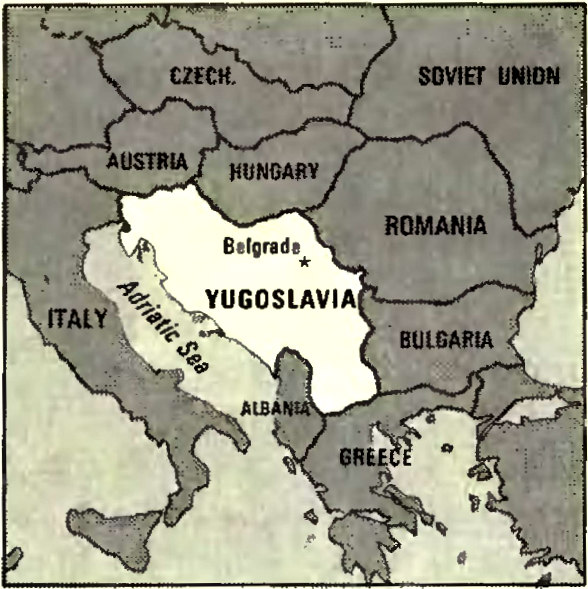
Recognizing the Hidden Politics of Local Peacebuilding
A Western ideal of “the local” can be a site of exclusion where local actors have different levels of power, enabling some locals to govern the conduct and participation of other, less powerful locals.
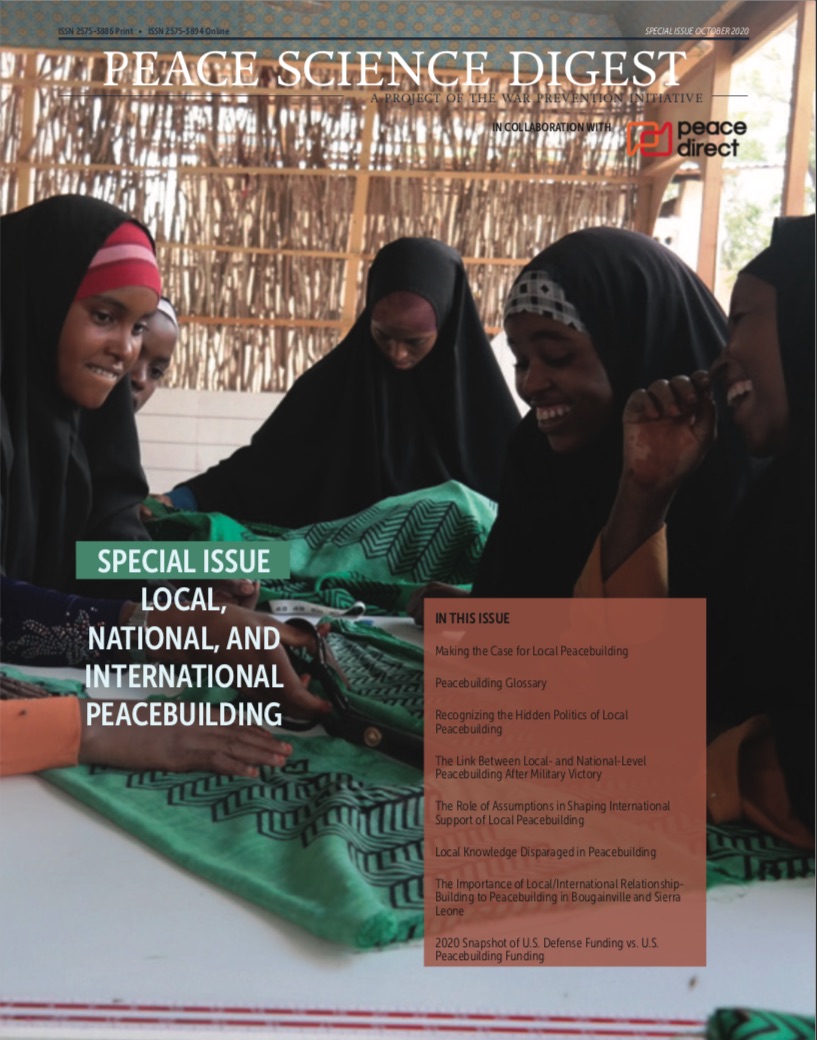
Special Issue: Local, National, and International Peacebuilding
We are pleased to present our special issue on the relationship between local, national, and international peacebuilding in partnership with Peace Direct. The recent reorientation towards local peacebuilding represents a radical shift in whose voices are centered in the work of creating a more peaceful and just world…
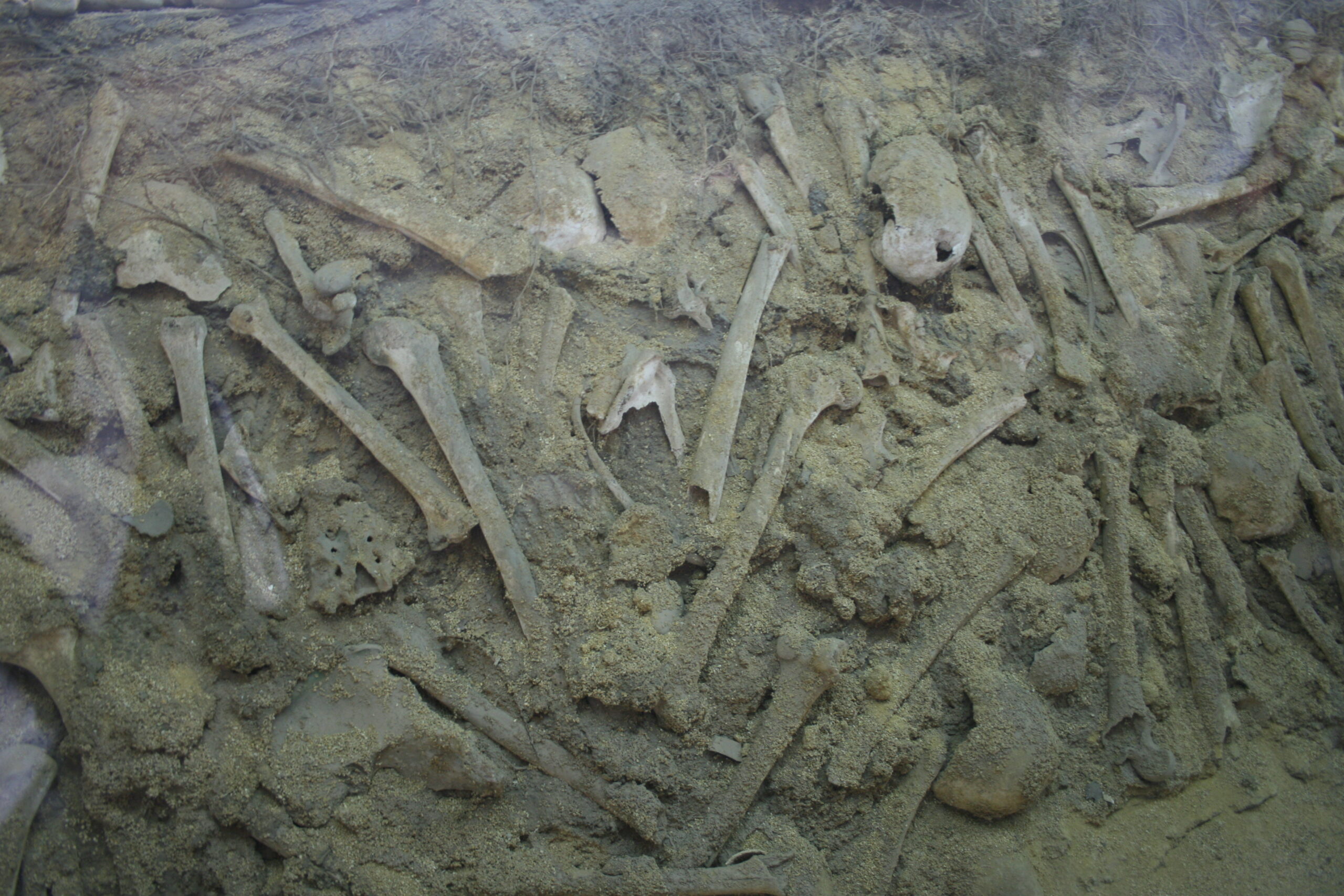
Identifying the Most Effective Form of Intervention to Mitigate Mass Atrocities
The type of violence characterizing mass atrocities—ethnic identity-based violence or violence against political opponents—influences the effectiveness of different forms of intervention to mitigate mass atrocity violence.

Peace Education, not Patriotic Education
The President’s call to “restore patriotic education in our schools” via the creation of the “1776 Commission” aimed at controlling public school curricula once again set off my alarm bells.
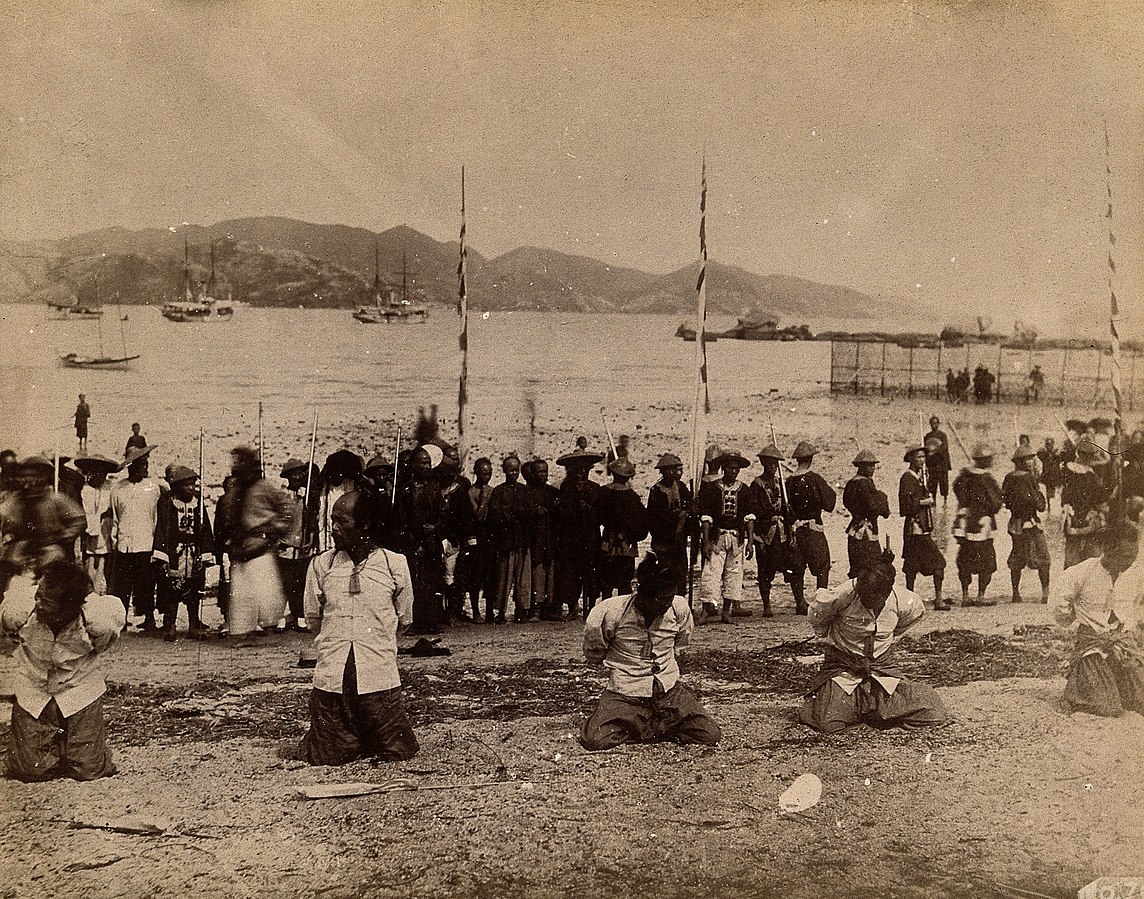
Is Leadership Decapitation Effective at Sustainably Ending Civil War?
Leadership decapitation is only effective at terminating a civil war without risk of recurrence when coupled with a military victory by the government, otherwise there is a good chance the rebel group will regroup and continue fighting at a later dat
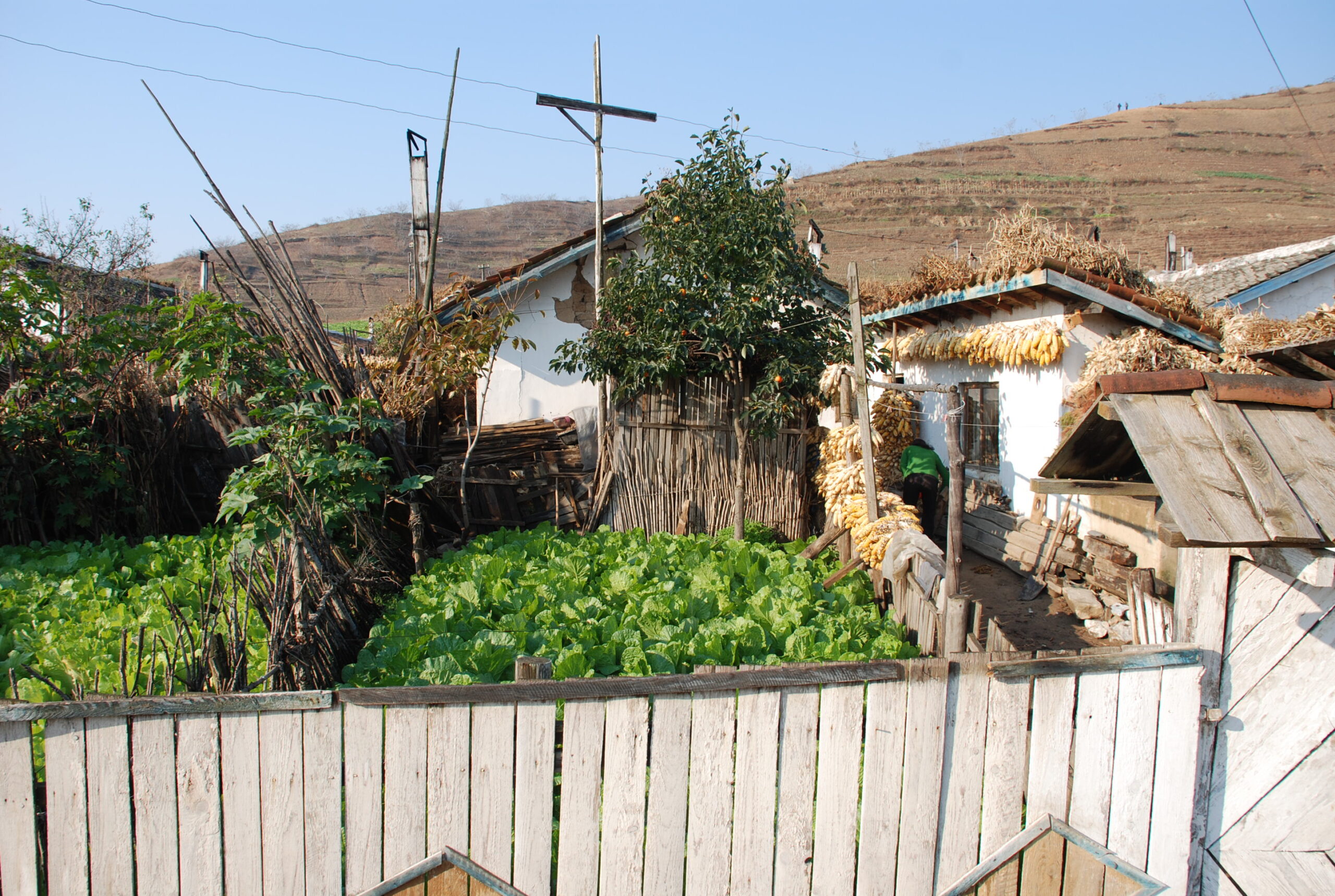
Environmental Cooperation as Peacebuilding Between North and South Korea
The persisting environmental cooperation between the two Koreas in forestry is due to North Korea’s motivation to cooperate on environmental issues and the intermediary role played by South Korean and international non-state actors with ties to the South Korean government.
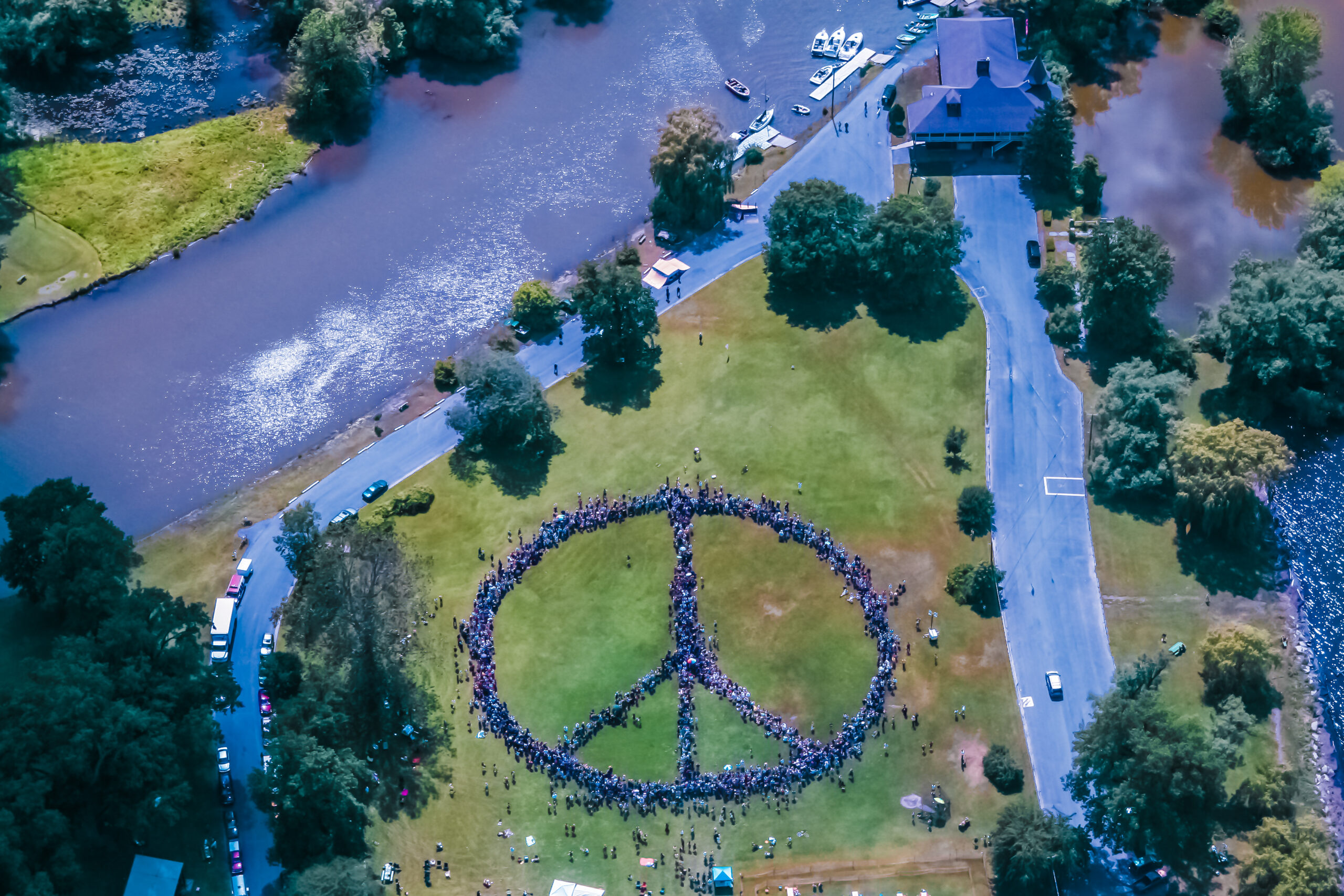
Peacebuilding Within a Global Conflict System
Peacebuilding efforts always take place within—and are deeply constrained by—the global conflict system, whereby violence and peace coexist and mutually reinforce one another both within and between countries, privileging the few (“at peace”) at the expense of the many (subject to “rampant” structural violence and cultural violence, as well as the direct violence to which these often give rise).
